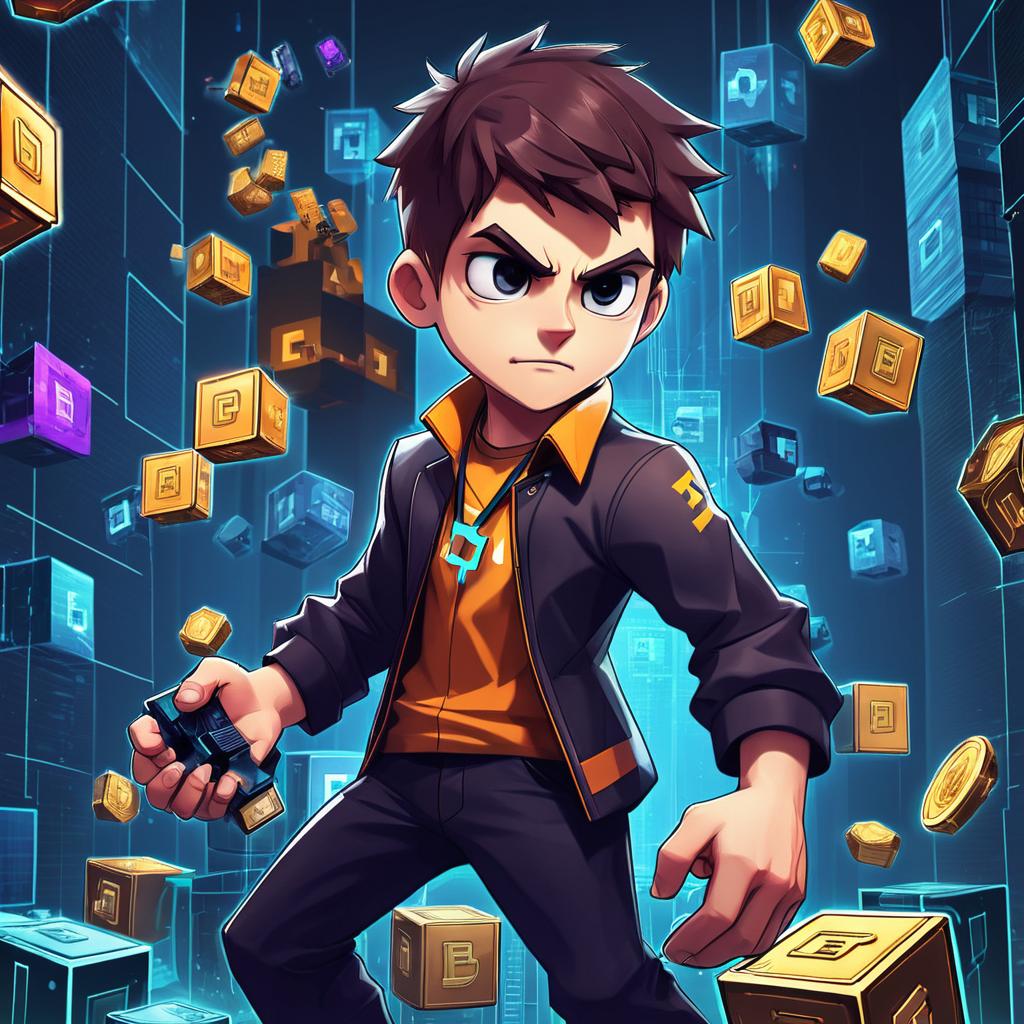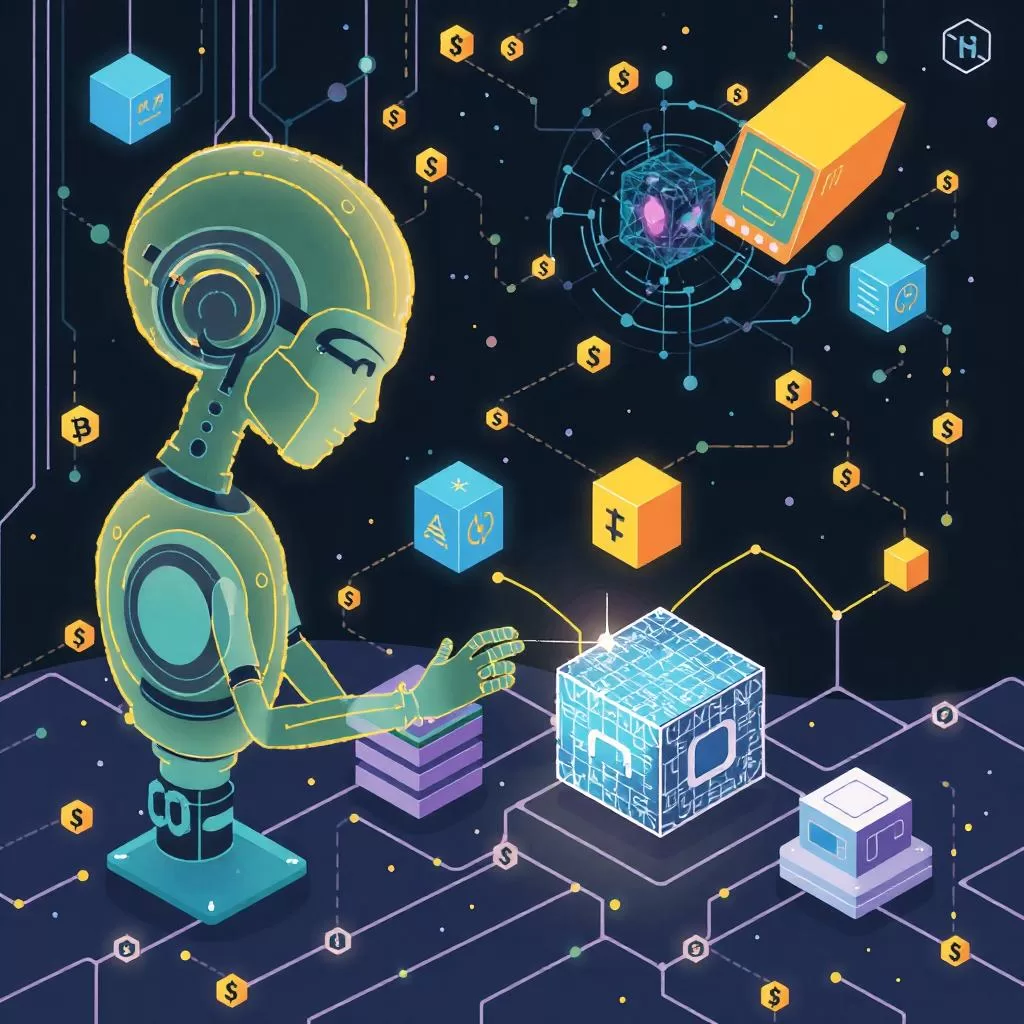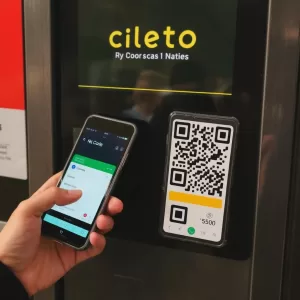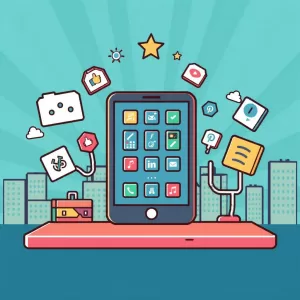Blockchain Game Development: Actionable Tips That Work
Introduction to Blockchain Game Development
Developing blockchain-based games presents unique challenges and opportunities compared to traditional game development. Here are seven actionable tips to help game developers succeed in creating engaging and innovative blockchain games:
Understand Blockchain Technology
Before diving into blockchain game development, it’s crucial to have a solid understanding of blockchain technology and its capabilities. Familiarize yourself with different blockchain platforms, such as Ethereum, and their features, including smart contracts, non-fungible tokens (NFTs), and decentralized finance (DeFi). Understanding how blockchain works will inform your design decisions and enable you to leverage its unique features effectively.
Leverage NFTs for In-Game Assets
Non-fungible tokens (NFTs) have revolutionized the gaming industry by enabling true ownership of in-game assets on the blockchain. Consider integrating NFTs into your game to create unique and collectible items that players can buy, sell, and trade in decentralized marketplaces. Design engaging gameplay mechanics that incentivize players to acquire and showcase rare NFTs, fostering a vibrant in-game economy.
During Blockchain Game development, Design Play-to-Earn Mechanics
Explore play-to-earn mechanics that allow players to earn cryptocurrency or valuable in-game rewards by participating in gameplay activities. Design game mechanics such as mining, staking, or completing quests that reward players with tokens or NFTs, creating economic incentives for active participation and skillful gameplay. Balance the reward structure to ensure a fair and rewarding experience for both casual and dedicated players.
Prioritize Scalability and Gas Fees
Scalability and transaction costs are critical considerations when developing blockchain games, especially on platforms like Ethereum with high gas fees and network congestion. Choose blockchain platforms or layer 2 solutions that offer scalability solutions, such as sidechains or rollups, to support large-scale gaming experiences with low transaction costs. Optimize smart contract code and game mechanics to minimize gas fees and improve overall user experience.
Ensure Security and Audibility
Security is paramount in blockchain game development to protect player assets and maintain the integrity of the game ecosystem. Implement robust security measures, including smart contract audits, code reviews, and penetration testing, to identify and mitigate potential vulnerabilities. Choose reputable blockchain infrastructure providers and third-party services to ensure reliability and security in handling player transactions and assets.
Embrace Innovation and Experimentation during Blockchain Game Development
Blockchain technology offers unprecedented opportunities for innovation in game design and monetization models. Embrace experimentation and explore novel gameplay mechanics, such as decentralized governance, player-driven economies, or cross-game interoperability. Stay informed about the latest trends and developments in blockchain gaming and be willing to adapt your game design to leverage emerging technologies and player preferences.
Summing up Blockchain Game Development
By following these actionable tips and embracing the unique opportunities afforded by blockchain technology, game developers can create immersive, engaging, and financially rewarding experiences for players in the growing blockchain gaming ecosystem. Here are examples of blockchain games in the industry.
If you are looking forward to developing Blockchain games, check out the Game Development Services offered by teknikali Tech.
Share this content:







Post Comment